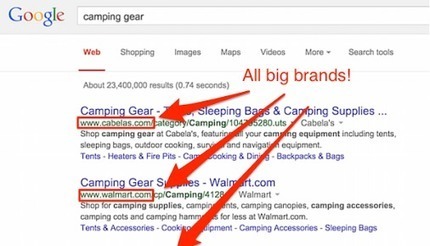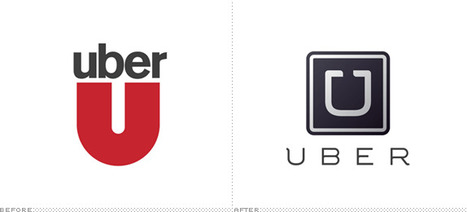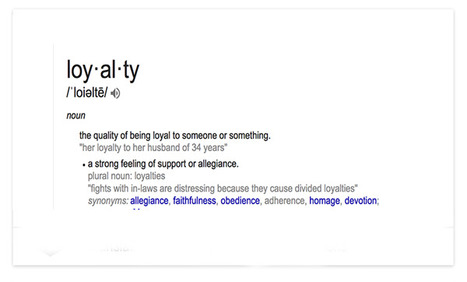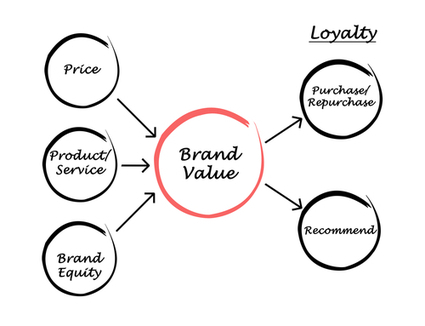Brand Ideals
Learning your company's "brand ideals" may be the most important branding work few startups accomplish. SEO and content take a backseat to widget development for most startups.
Yet isn't the most important question WHERE are the points of connection with potential customers and/or investors? The latter, investors, receive plenty of attention when they are easy. Investors want CONSUMERS and lots of 'em.
So the best way to connect with investors is to connect with consumers and the best way to connect with consumers is to know, articualte and share your "brand ideals":
* Eliciting Joy: Activating experiences of happiness, wonder, and limitless possibility.
* Enabling Connection: Enhancing the ability of people to connect with each other and the world in meaningful ways.
* Inspiring Exploration: Helping people explore new horizons and new experiences.
* Evoking Pride: Giving people increased confidence, strength, security, and vitality.
* Impacting Society: Affecting society broadly, including by challenging the status quo and redefining categories.
Those "brand ideals" come from Grow: How Ideals Power Profits At The World's Largest Companies by Jim Stengel and is a must read for any startup entrepreneur who wants investors....after they've won the hearts and minds of consumers.
Get Started for FREE
Sign up with Facebook Sign up with X
I don't have a Facebook or a X account
 Your new post is loading... Your new post is loading...
 Your new post is loading... Your new post is loading...
|

Eric_Determined / Eric Silverstein's curator insight,
November 7, 2014 2:07 PM
According to a survey, most people would not care if 73% of the brands would disappear!? Share your latest experience on what your favorite brands are doing to earn your Loyalty, and ultimately your Advocacy? It does start with earning your #trust. Great insight @annettefranz @SDLjames with strong value connections @TOMS @USAA
Ahmed Alkandari's curator insight,
November 15, 2014 9:01 PM
"Most people worldwide would not care if more than 73% of brand disappeared." So, are companies wasting their money on advertisements and marketing; since, most people won't care about weather the brand will disappeared or not?! People who have brand loyalty are supposed to care if the brand they are loyal to will be available or not on the future. Also would these people considered faithful to their brand if they don't care? What are brands might been doing wrong with customers? don't focus on the customersare not providing value relative to priceare not providing value relative to the competition/alternativeshave broken customers' trustdon't deliver on their promisesdon't care about customersdon't meet customer expectationsare not innovative (think "same old same old")deliver a fragmented or poor experienceWith all of these point, the relationship between them and their customers will be broken. Therefore, companies should focus more on their customers and design a good customer experience. Companies shouldn't only care about making money, they should also care and focus about being a part of something that matters to people and mean something to them.
Most of the article was asking questions and some questions didn't have answers in the article, they are open for general thinking and answering. It's interesting about how most people won't care if a brand disappeared on the future; for me I would! Of course life won't stop and new brands will enter the market. However, Some brands people got used to it and can's change that easily; the example of Apple. I also found it important about what they mentioned for customers relationship with the company. In my opinion, companies that focuses more on their relationship with their customers and making sure to build an experience with their customers are more successful than companies that focusses on making profits and increase their revenue. I a customer became loyal to a company and he had an experience with that company, he won't mind paying more on that company's goods. The reason is that the company had built a trust and an experience to that customer so he will be faithful and he would care about the brand and the company.

Amanda Groover's curator insight,
November 23, 2013 10:02 PM
The more we can understand how Google thinks, the more we learn about how to work with Google. It doesn't mean it always follow logic, but it does help you promote your brand! |













